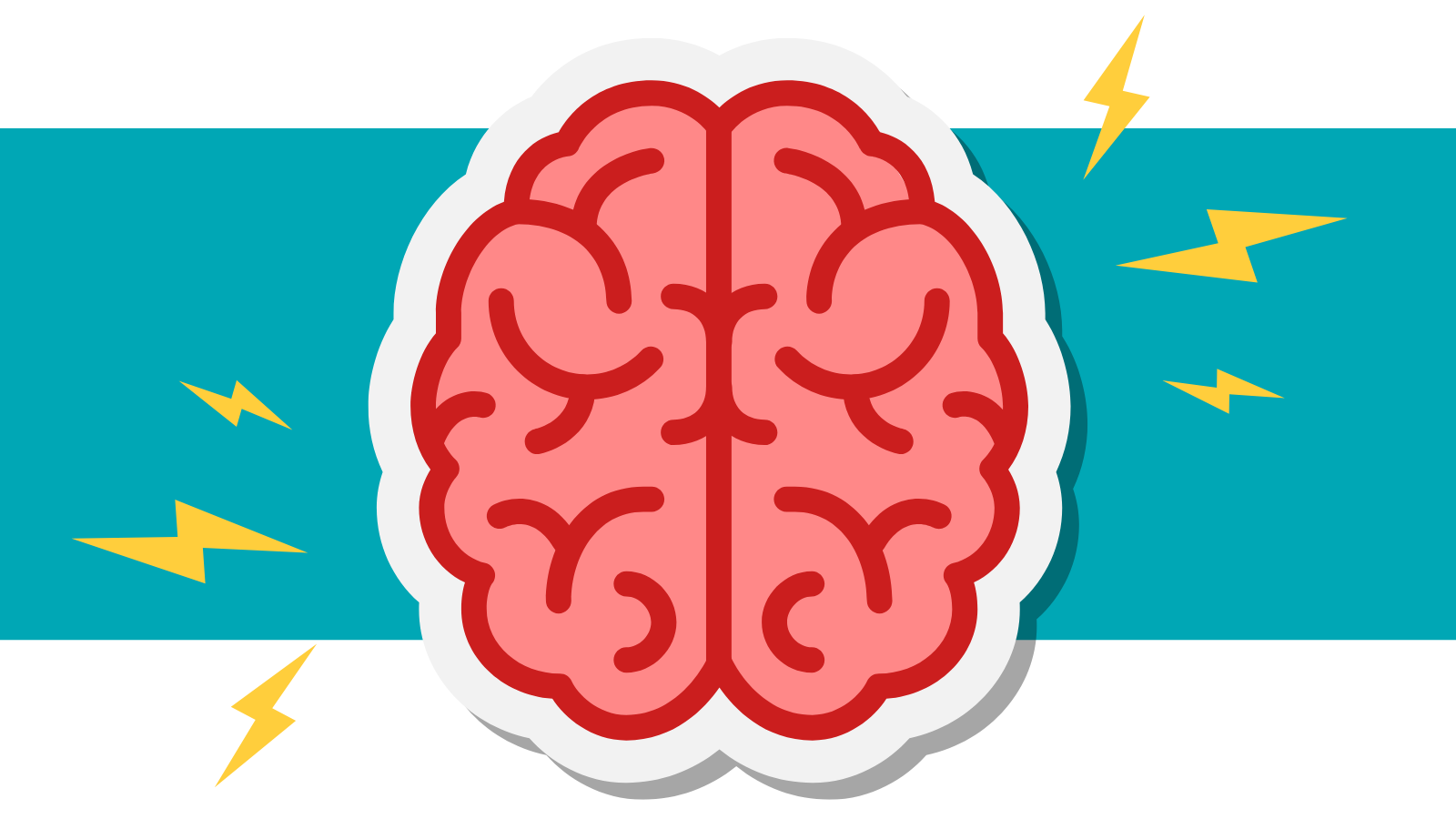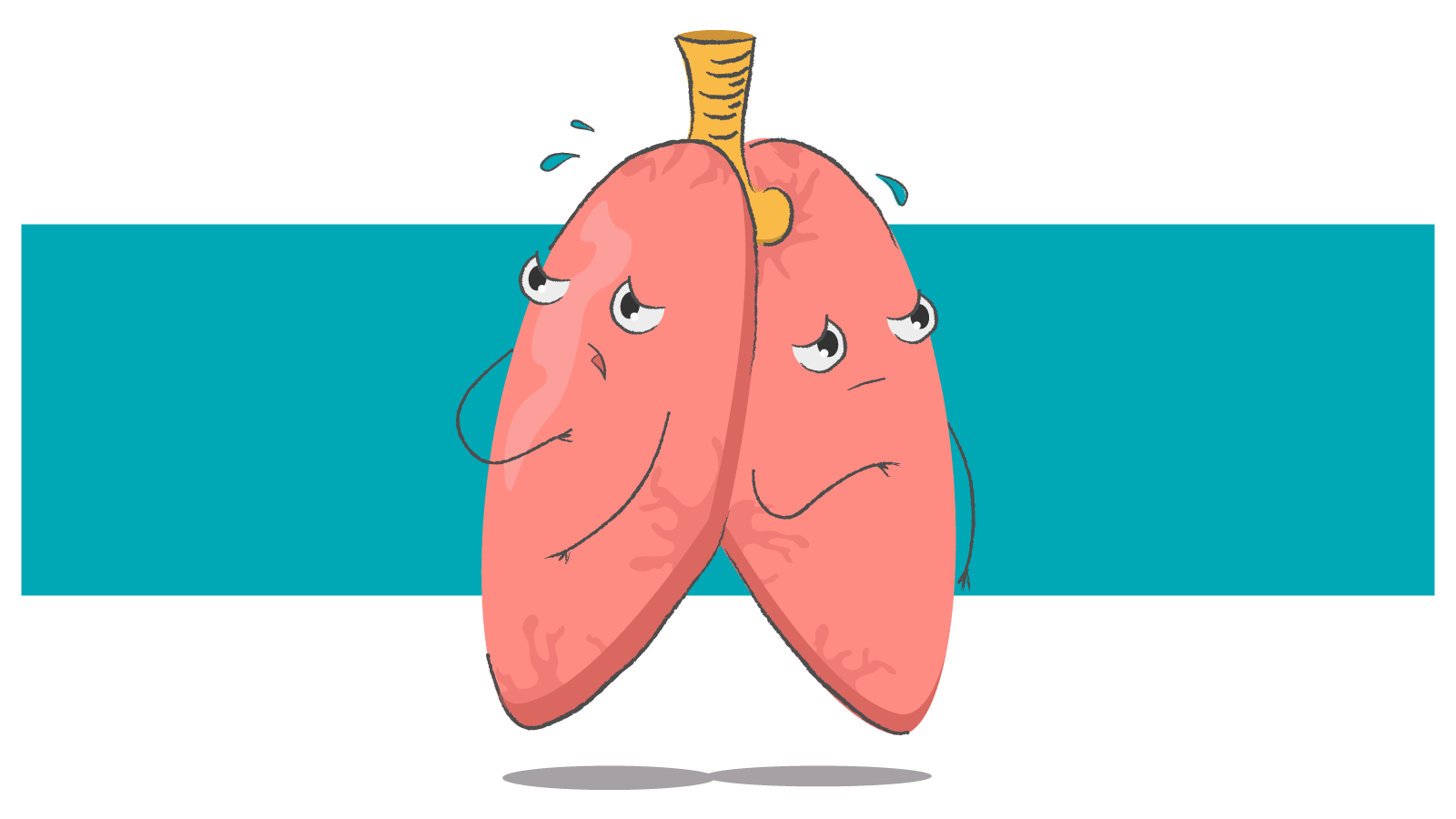Stroke Month Puts the Spotlight on Awareness, Education, and Life-Saving Strategies
Every year, strokes impact millions of lives worldwide, leaving a trail of devastation in their wake. According to the American Stroke Association a...

On the third Thursday of November each year, the American Cancer Society (ACS) dares smokers to stop smoking – even for just one day, but hopefully longer. During the Great American Smokeout, the ACS encourages smokers to use the date to make a plan to quit: “You don’t have to stop smoking in one day; start with day one.”
If you are a smoker, or know someone who is, educating yourself on chronic obstructive pulmonary disease, or COPD, is important. According to the American Lung Association, many people don't recognize the symptoms of COPD until later stages of the disease. Sometimes people think they are short of breath or less able to go about their normal activities because they are "just getting older." That would be a dangerous oversight, however. Waiting for symptoms to become severe risks burning through valuable treatment time. Early detection of COPD is key to successful treatment.
COPD is a term which refers to a large group of lung diseases characterized by obstruction of air flow that interferes with normal breathing. The most common forms of COPD are chronic bronchitis and emphysema. Most cases of COPD are related to cigarette smoking. COPD makes breathing difficult for the 16 million Americans who have the disease, according to the CDC. Although there is no cure for COPD, the WHO emphasizes that early diagnosis and treatment are important to slow the progression of symptoms and reduce the risk of flare-ups.
The main cause of COPD in developed countries is tobacco smoke, according to the Mayo Clinic, so if you smoke or used to smoke, you are at a higher risk of having COPD. Exposure to air pollution in the home or at work, genetics, and respiratory infections like pneumonia and diseases like asthma also increase your risk.
Doctors test for COPD through spirometry, a simple test of how well your lungs work. For this test, you blow air into a mouthpiece and tubing attached to a small machine. The machine measures the amount of air you blow out and how fast you can blow it. Simple yet critical, spirometry can detect COPD before symptoms develop.
When you are diagnosed with chronic obstructive pulmonary disease (COPD), you likely will have many questions and the answers may not always be clear at first. Not all people with COPD have the same symptoms and treatment may differ from person to person. It is important to talk to your doctor about your treatment options and to get answers to all of your questions. If you have COPD, the most important steps you can take to reduce symptoms and improve your quality of life, according to the CDC, are:
Your doctor may also consider the following treatment options:

Every year, strokes impact millions of lives worldwide, leaving a trail of devastation in their wake. According to the American Stroke Association a...

Surveys show a major increase in the number of U.S. adults who report symptoms of stress, anxiety and depression during the pandemic, compared with...

Asthma is the most common chronic illness in childhood, accounting for 13.8 million missed school days each year. It also accounts for 14.2 million...